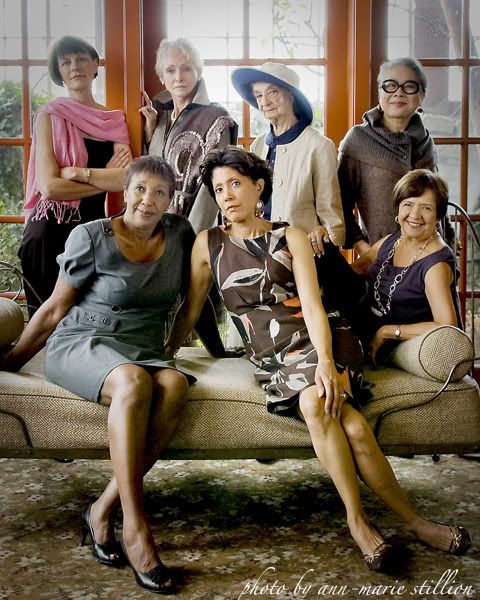We are all remembering that it was a year ago today. I see people smoking and I want to tell them. I want to tell them that they should have been there to see where it leads, what it leaves behind in those who feel his absence as much as they felt his presence.
I took a Valium this morning before my spinal MRI. I am still relaxed in reverie.
April is such a neither month — not yet really spring, still capable of the few flurries I spotted yesterday on my way from the mountains to the valley.
A wedding in April is a weather-chancy thing. My cousin’s daughter’s this past weekend took place in a venue that featured a panoramic view of the Hudson River and the foothills of the Catskills. If it had been a sunny day, the view would have been breathtaking.
The cousins of my generation sat together, recognizing that we were now the “elders” of the family, as our younger relatives stopped by every once in a while to chat with us. On that dreary April evening, the music and dancing and revelry reminded us that warmer vistas are just beyond sight. Youth and hope and love ruled for those several hours as a muted sun slipped behind the hilltops.
One of my cousins, who married into a family that, for generations, maintained a 24 room house in what is a nicer part of the city, hosted some of us from out of town. The house is theirs now, her and her husband, who spend part of the year in Florida. It’s a house filled with generations of ghosts, all of those who lived and died here, family and extended family. For generations. They might sell it if they could; but who wants a 24 room house in a one-family residential neighborhood. For now, it works as a home-base for a number of the clan, including their daughter and future son-in-law.
My cousins and I, for the most part, are very different — at least our lives meandered down different paths, mine having taken me a long way to the left. But they are tolerant of my politics, my lack of religion. They are probably more tolerant of my viewpoints than I am of theirs. They are able to interact and relate with me and with each other in ways that ignore all of those values that might divide us.
As we sit around the breakfast table over the kinds of food we all seem to like (little things, like corn toasties — which we don’t like to toast — and Polaner All-fruit instead of sugar-ridden jelly or jam) they make me laugh. They do not pressure, they do not manipulate. Together, we are the kids we were who grew up playing “Flies Up” on their front stoop, even through dismal April afternoons.
We relax into the neither-nor of April, a time of its own, of our own.
There is another family wedding coming in June. I will be there again, in the bosom of family.
Closer by, my mom slips inevitably into dementia’s final horror. I stopped her from eating a paper plate the other day. I strain to remember the Polish I used to speak so fluently so that I can understand her.
I am not there now, I am home in Massachusetts, but I will be going to visit her in a few days to help set up space for, and help to acclimate, a live-in helper who speaks Polish.
Perhaps I should take my Valium with me. After all, it will still be April.



